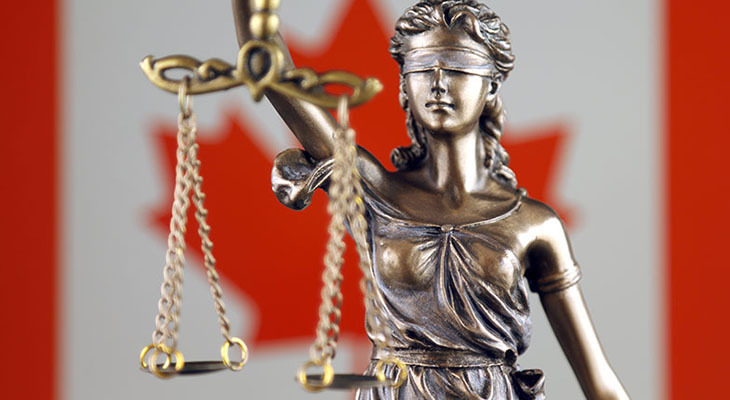
Unreasonable search and seizure are defined as the search and seizure of authorities or a law enforcement officer without a search warrant or probable cause to believe that evidence of a crime is present. However, seeing evidence of a crime in plain view, for example, a bag of drugs in the backseat of a car, does not require a warrant or probable cause to be seized.
The Canadian Bill of Rights and Freedoms secures citizen privacy and prevents the deprivation of enjoyment of property without due process. Although the word “privacy” does not appear in the Charter, sections 7 and 8 provide residual protection for privacy interests.
Since the first days of its application in the 1980s, Section 8 of the Canadian Bill of Rights and Freedoms has been interpreted as a shield against unjustified state intrusions on personal privacy. However, under this section, individuals are not free from all searches and seizures, only those that are unreasonable.
Purpose
The purpose of Section 8 in the Canadian Bill of Rights and Freedoms is to prevent unjustified searches by the state before they happen. It aims to protect the underlying values of dignity, integrity and autonomy. If a search or a seizure interferes with an individual’s reasonable expectation of privacy, it violates Section 8.
However, know that the section protects people, not places, against unjustified intrusions. The protection provided is for personal, territorial and informational privacy. It protects a sphere of individual autonomy. The individual has the right “to be let alone” and on which the state cannot intrude without permission.
Reasonable Expectation of Privacy
The basis of protection from unreasonable search and seizure is based on a reasonable expectation of privacy.
However, this requires authorities to balance individual privacy interests against important societal interests including preventing and detecting crime or ensuring public safety.
Citizens have a reasonable expectation of privacy in almost all circumstances involving law enforcement investigations. A reasonable expectation of privacy depends on a number of factors. These include:
- Place of the search
- Techniques of investigation used
- Your presence at the scene during the investigation
Note that it does not depend on whether you were actually involved in any criminal activity. Also, the Charter does not provide any protection if there is no reasonable expectation of privacy.
Analysis
Section 8 describes a two-step analysis. You have to ask two questions:
- Has there been a search or seizure?
- If so, was the search or seizure unreasonable?
To answer Question 1, you have to understand how the law defines ‘Search’ and ‘Seizure’. Definitions according to the law are as follows:
- Search: Inspection or any state activity that interferes with a reasonable expectation of privacy.
- Seizure: Taking by a public authority without that person’s consent where a person has a reasonable privacy interest in the subject matter.
It is not necessary that all forms of examination are conducted by the government, and every taking by the government constitutes a ‘search’ or ‘seizure’ for constitutional purposes.
Moreover, where consent is given for a single search and seizure event, it does not allow for intrusion for other purposes.
Moving on to Question 2, search and seizure are only reasonable when it is:
- Authorized by the law
- The law itself is reasonable
At this point, it is important to understand that the whole process of finding out whether the search and seizure were reasonable or unreasonable is much more complex than just evaluating the aforementioned points. Both questions require highly contextual analysis. Different contexts yield different expectations of privacy which in turn give rise to different requirements. Depending on the answers to Question 1, the analysis in stage 2 is altered.
About Us
At Slaferek Law, our criminal lawyers are well versed with the rights of its citizens. We can help you get out of difficult situations and help you with Unreasonable Searches & Seizures. We have successfully defended clients who have been arrested and accused of illegally possessing such substances as marijuana, cocaine, ecstasy, methamphetamines, heroin, oxycontin, pain killers, and illegal prescription drugs.
